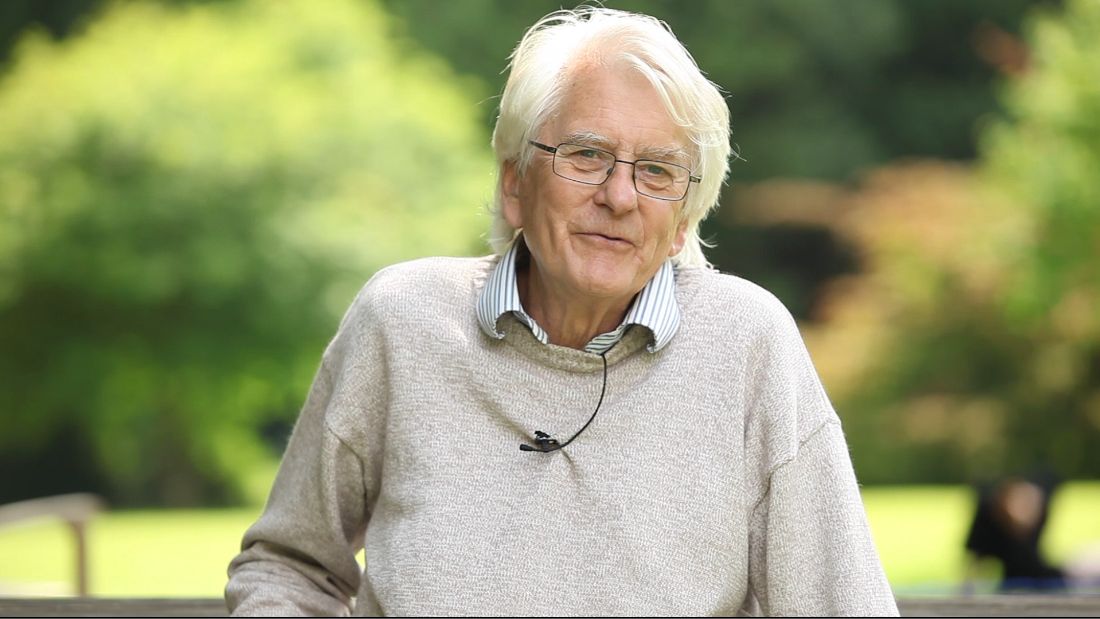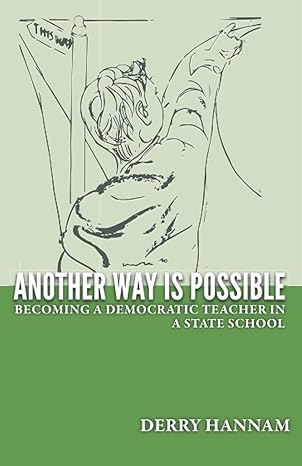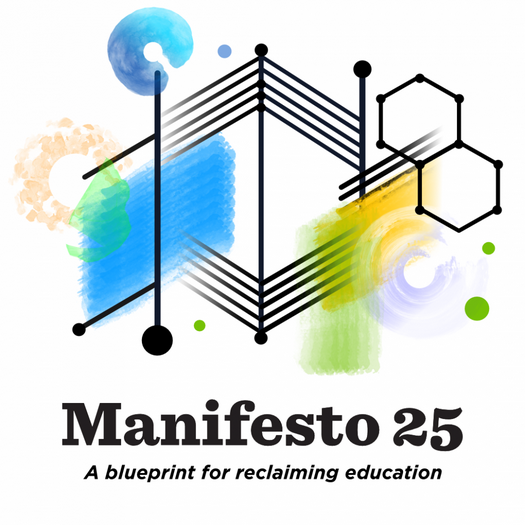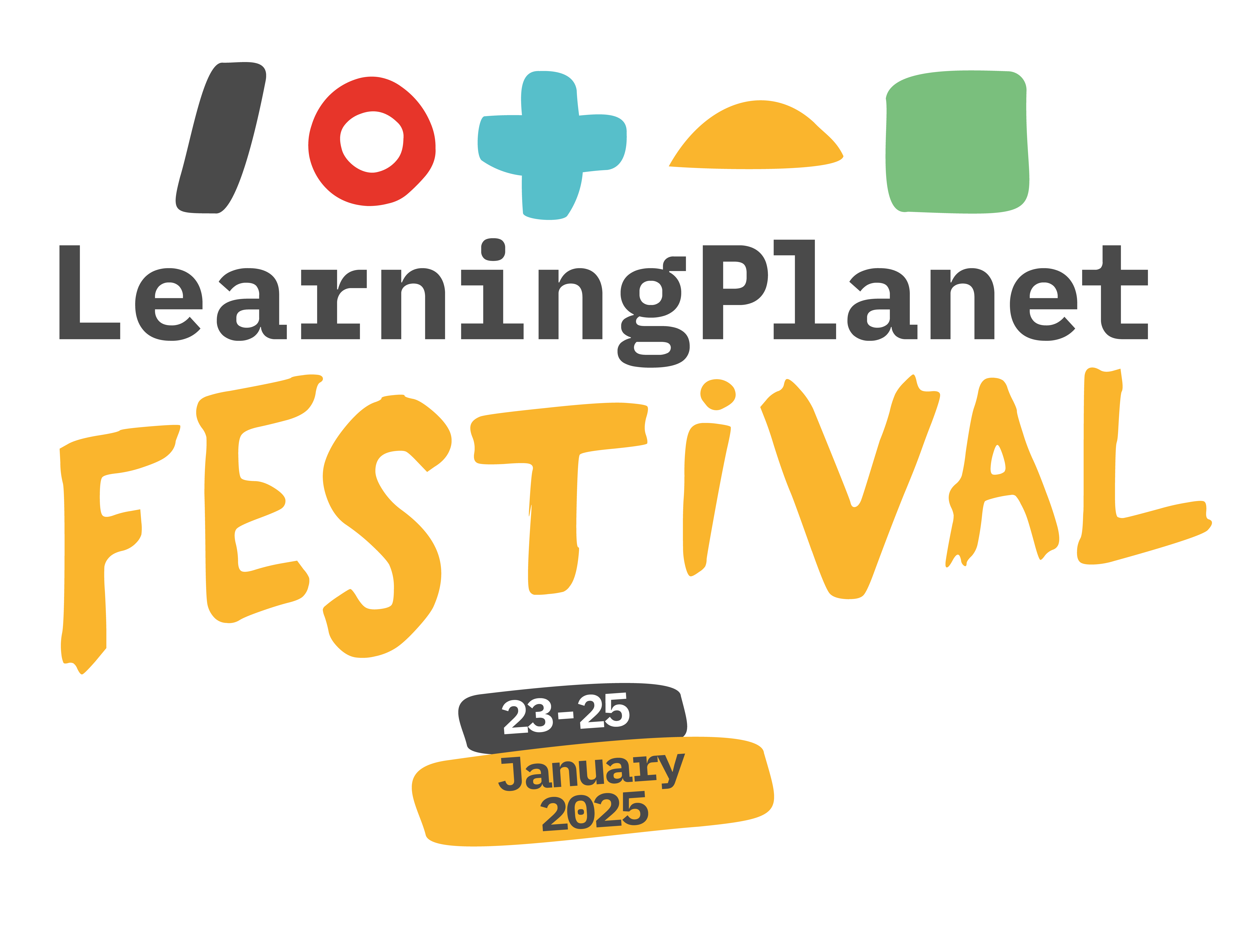
David Gribble died in December 2019 at the age of 87. There are few people more committed to democratic schools than he. David Gribble worked his whole life to ensure that democratic education institutions were created and improved. EUDEC would probably not exist without him. I’ll come to that in a moment, but before I do, I’ll write briefly about what came before and how it all came about.
After graduating, he became a teacher and taught French and German in a number of schools in England. With a bit of luck, he soon got a job at Dartington Hall School in Devon, which, together with Summerhill, was one of the most progressive schools of its time. The teachers took the children seriously and trusted them. The children had freedom and did not have to follow a predetermined curriculum. David Gribble soon realised that this was the answer to the restrictive school system which had brought so much misery and suffering to him as a pupil. The power divide between teachers and students, and within the teacher and student communities, had to be broken.
This conviction never left him – David Gribble used his time to implement these ideas, to understand and to solve problems. He was always a learner – and he always consulted and listened to others, especially children!
Following the closure of Dartington Hall School in 1987 by the authorities, who deemed it to be breaking the rules, David Gribble was one of the founders of Sands School in Ashburton – where children were to live a similarly self-determined life. 14 students from Dartington Hall were involved in the founding of Sands and, today, 33 years later, Sands School is still a functioning and respected democratic school.
At the age of 60, David Gribble decided to tour the world, visiting educational projects which focussed around the interests of the child and responded to their needs. In his book “Real Education: Varieties of Freedom“, he described his impressions of how children live when they grow up free from a centralised curriculum and external judgements. It becomes clear to the reader that, for children, human relationships and self-directed actions are more important than conventional teaching with its coercion and sanctions.
David Gribble is one of the co-creators of the International Democratic Education Conferences (IDEC). The first conference of this kind took place in Israel in 1993 (called the Hadera Conference). Then, in 1994 Sands School hosted the conference and, three years later, in 1997, the conference took place again at Sands School, where the organisation was mainly done by the students. At that time it was renamed IDEC.
David Gribble put a lot of energy into the idea of the IDECs. He wrote newsletters and coordinated IDEN – the International Democratic Education Network. Through this he wanted to strengthen and expand the movement through developing an interconnected community, because the IDEC conferences were gatherings of individual projects which were otherwise isolated in their respective countries. Through IDEN he enabled democratic schools and places of education to be found on the Internet and be able to network with each other. David Gribble sent out his IDEN newsletter in three languages. Of course he participated in several IDEC conferences.
During these years I spent a lot of time with a group of young people. We called ourselves KRÄTZÄ and stood for “equal rights without age limits”. We criticised the school system and looked for alternatives. In 2000 we were guests at Sands School. Where we were impressed both by the school system and the friendly and open-hearted reception. David Gribble even invited us to join him in his home, for a big dinner. After that we always stayed in touch.
Some years later KRÄTZÄ had travelled a lot, we had visited schools in other countries and wanted to bring the ideas to Germany. We applied to host the IDEC in 2005, and in the summer of 2004 we began preparations. We had the good fortune of David Gribble coming to us in Berlin for some time and helping us with the conference planning. His views were wise and it was easy for us to accept them – because he explained everything and we could discuss every detail with him. Every conversation was full of learning, without us ever feeling that we were being taught. With David Gribble we felt as if we were old friends, comfortable to talk about anything and make jokes. Age differences did not matter.
During this time we prepared the “IDEC 2005 Resolution” – with which we wanted to define “democratic education”. The definition should be concise and clear and enable “democratic education” to become a fixed term that could not be misused. With this definition we would be equipped to more effectively bring the concept of democratic schools into the world. EUDEC still refers to the IDEC Resolution, which we discussed, improved and through detailed discussions with many colleagues voted to adopt at the 2005 conference. Without David Gribble, this would probably not have been successful.
We asked David Gribble whether he could give a lecture as an expert at the opening of the IDEC at Humboldt University’s AudiMax. As an internationally renowned expert he would certainly have impressed the representatives of the German education system with the concept of “Democratic Education”. What did David Gribble do? – He organised for students from several countries to take the podium and moderated the discussion with the 400-strong audience. Incredibly clever – everyone was deeply impressed by the alignment of the message and form of the presentation. Typical David Gribble.
A year later, several participants of the Berlin IDEC met to discuss holding similar meetings in Europe – among other reasons to avoid travelling long distances around the globe to the IDEC conferences. Where did we meet? At Sands School, of course! That was when EUDEC was born. David Gribble was there, he didn’t want to impose himself – the new, young people had to take matters in hand. He sat in the corner like a guest, saying very little – but that that he said always hit the nail on the head – invaluable.
In Leipzig, in 2008, EUDEC was founded. David Gribble was there – he is one of our founding fathers!
I also remember less grand situations, more mundane things that made everyone so fond of him.
At the talent show at the end of the conference in Leipzig (and on other occasions!) he played boogie-woogie on the piano in such a way that everyone present jumped out of their seats. In a short self-biography he had written: “He plays mainstream jazz rather badly on the piano and the tenor sax.” On this short recording from that time, Kate, one of the many grandchildren he would often talk about, sings with him: https://youtu.be/j-vJWfnJjXM
David Gribble also wrote crossword puzzles for “The Times” under the pseudonym Waterloo – they were complicated and extraordinary. They contained hidden tricks like rotating letters and compiling words from multiple languages. He loved languages – he enjoyed my occasional questions about the English language. David was an expert who reassured me when I didn’t understand spelling or grammar. English is illogical, was his verdict. He made fun of, and was sometimes annoyed with, his own language.
He inspired people with his books. He surprised the readers with his unconventional style and humour, as in “A Really Happy School” – about an “impossibly bad school, where every fault of traditional education is gleefully exaggerated”. Some of his books have been translated into other languages. He made these books and a wealth of other resources available on his website: https://davidgribble.co.uk/.
If you want to know more about David Gribble, or remember him, you need look no further than there.
I can hardly imagine anyone who would not have been deeply impressed by his unconventional, wise, friendly and modest manner.
Mike Weimann, 16 February 2020
With many thanks to Rachel Roberts for the semantic translation into English.



